Science
-
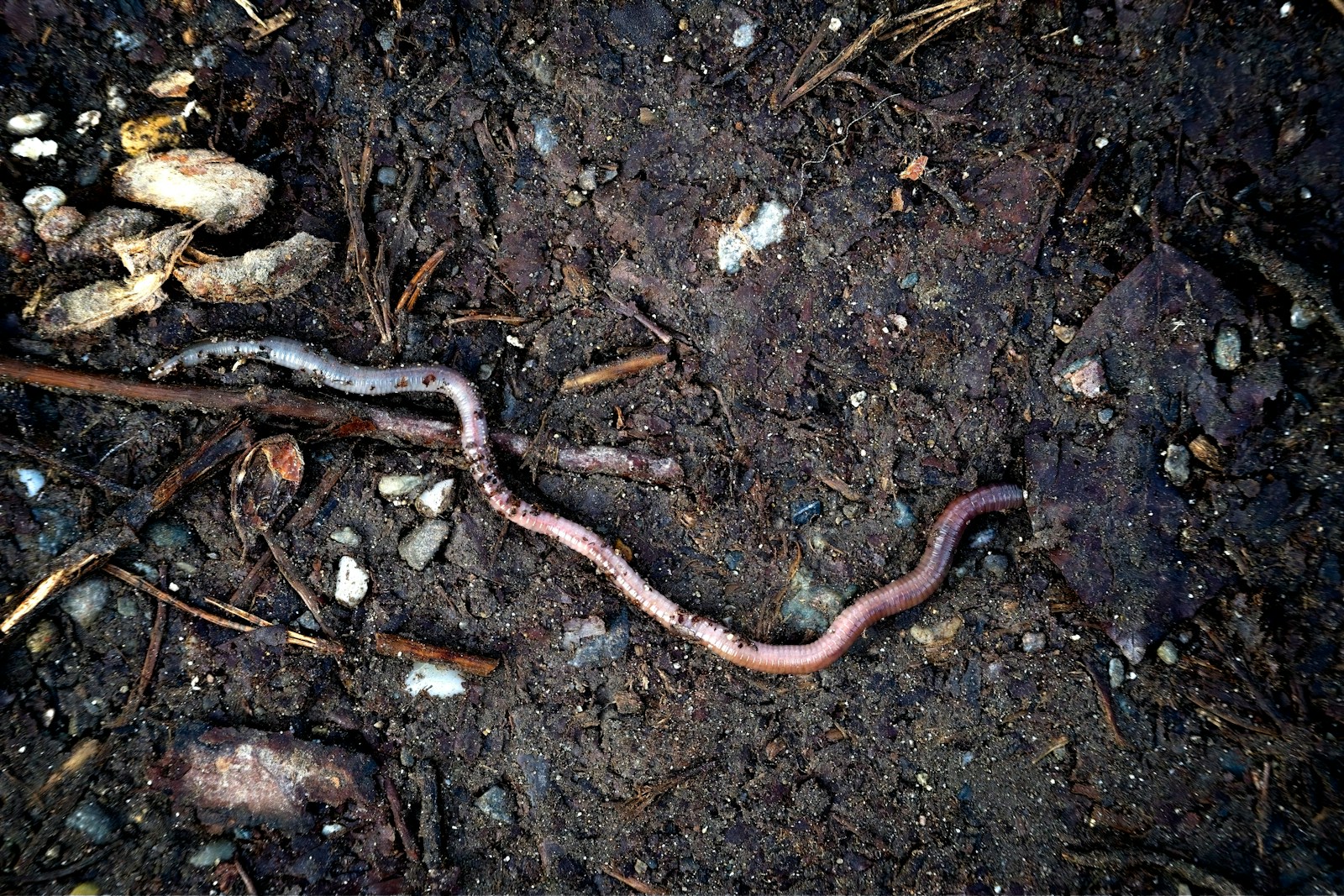
Hermaphroditism in nature
Hermaphroditism in nature is a fascinating reproductive strategy where an organism possesses both male and female reproductive organs, allowing it to produce both sperm and eggs. This phenomenon is observed across a diverse range of species, including plants, invertebrates, and some vertebrates. Hermaphroditism can be advantageous in environments where mates are scarce, enabling individuals to…
-
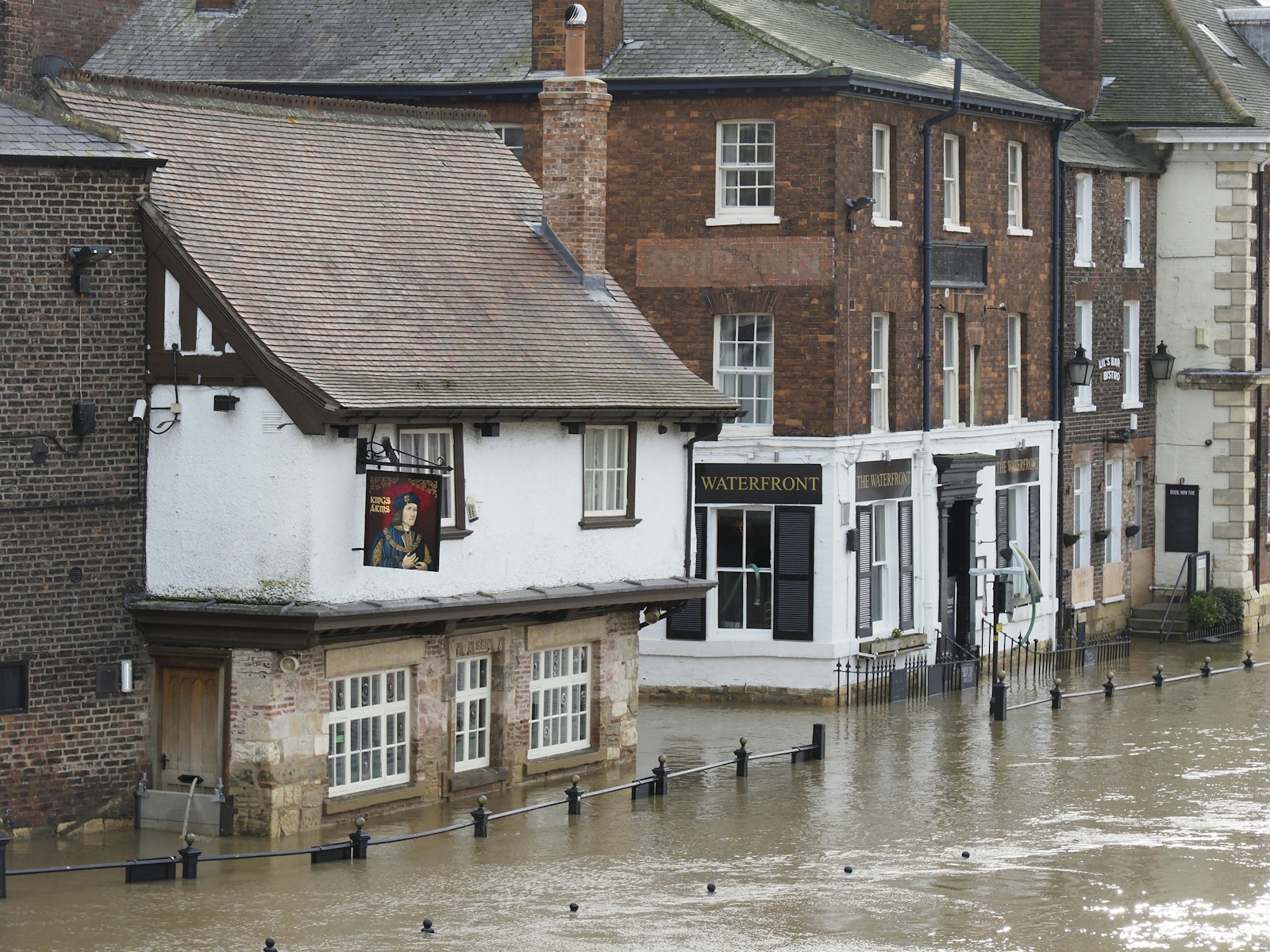
Why flooding hits Spain?
By
Flooding has been a significant part of Spain’s historical and modern landscape, shaped by its geography and climate patterns. The earliest known records of flooding in Spain date back centuries. Ancient texts and local chronicles frequently mention episodes where rivers such as the Guadalquivir and the Ebro overflowed, impacting settlements and agricultural land. During the…
-
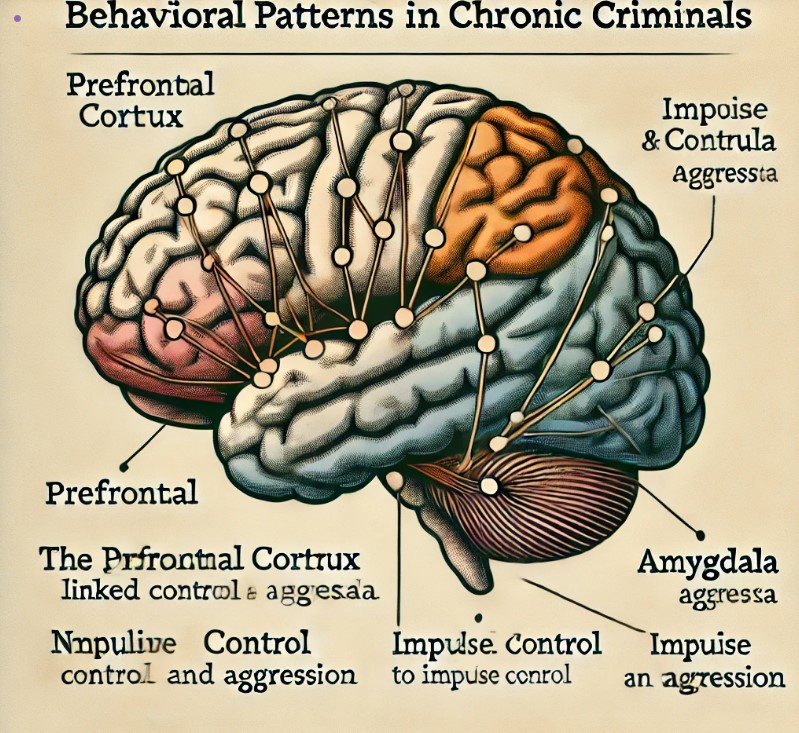
Neurological patterns in chronic criminals
In recent decades, advancements in neuroscience have offered deep insights into the neurobiological foundations of behaviour, shedding light on the possible brain-based causes of chronic criminality. The study of how certain neural characteristics predispose individuals to deviant behaviour is a growing field known as neuro-criminology. This interdisciplinary domain merges neuroscience, psychology, and criminology to explore…
-
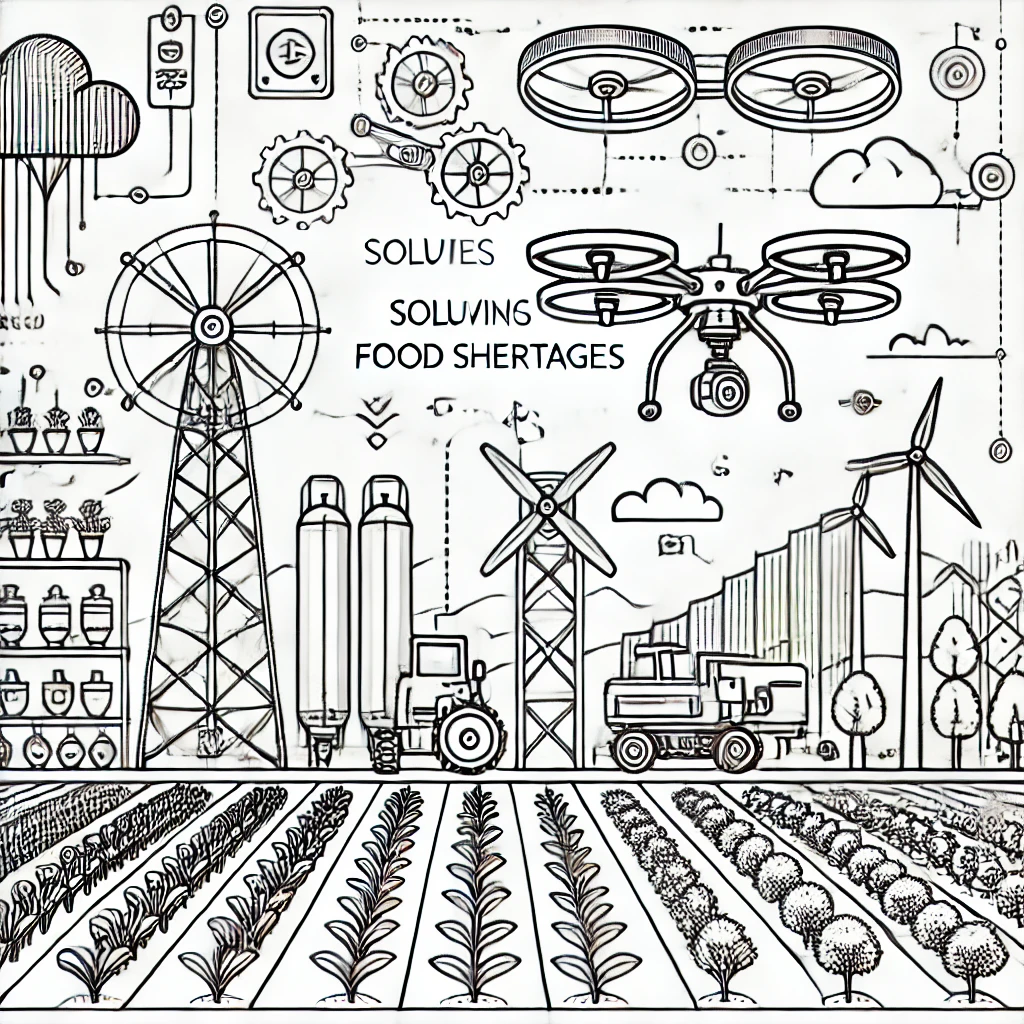
World food crisis and impact of science and technology
By
in EnvironmentThe global food crisis has deep historical roots, often tied to population growth, economic instability, climate change, and agricultural practices. Famines in the past were frequently caused by environmental factors, wars, and poor agricultural productivity, leaving millions vulnerable to starvation. Notable examples include the Irish Potato Famine in the 19th century and food shortages during…
-
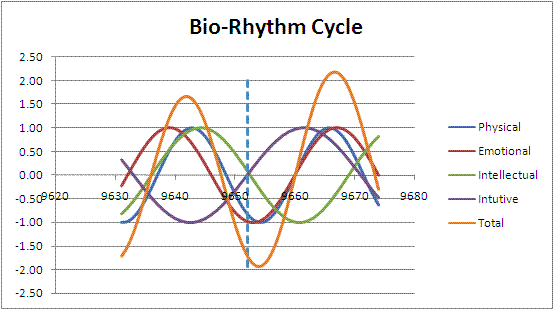
Biorhythm in humans : myth or reality?
By
in BiologyWe all feel high and low with time. Sometimes we are fastest, strongest, and healthy. And at other times, we are in the opposite mood. This is biorhythm. The equations used to calculate it are given on Wikipedia. Biorhythm theory suggests that our physical, emotional, and intellectual states follow natural, cyclical patterns, which influence how…
-
Fraudulent Academic Activities in China: Unveiling the Crisis
By
in ScienceIn recent years, academic integrity in China has come under intense scrutiny. As the country’s scientific ambitions grow, so do concerns about academic misconduct, ranging from data fabrication to plagiarism. This issue is not confined to China, but the scale and nature of the problem within Chinese academia, influenced by political pressures, limited transparency, and…
-
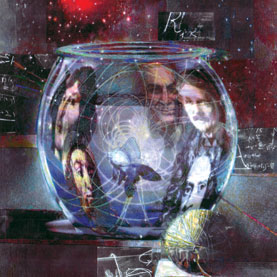
Perception and reality
By
in ScienceIn their 2010 article, Stephen Hawking and Leonard Mlodinow raise a fascinating philosophical question inspired by a city council decision in Monza, Italy. The council banned the use of curved fishbowls, arguing that they distorted a fish’s view of reality, which they considered cruel. This seemingly small ordinance serves as a springboard for a larger…
-
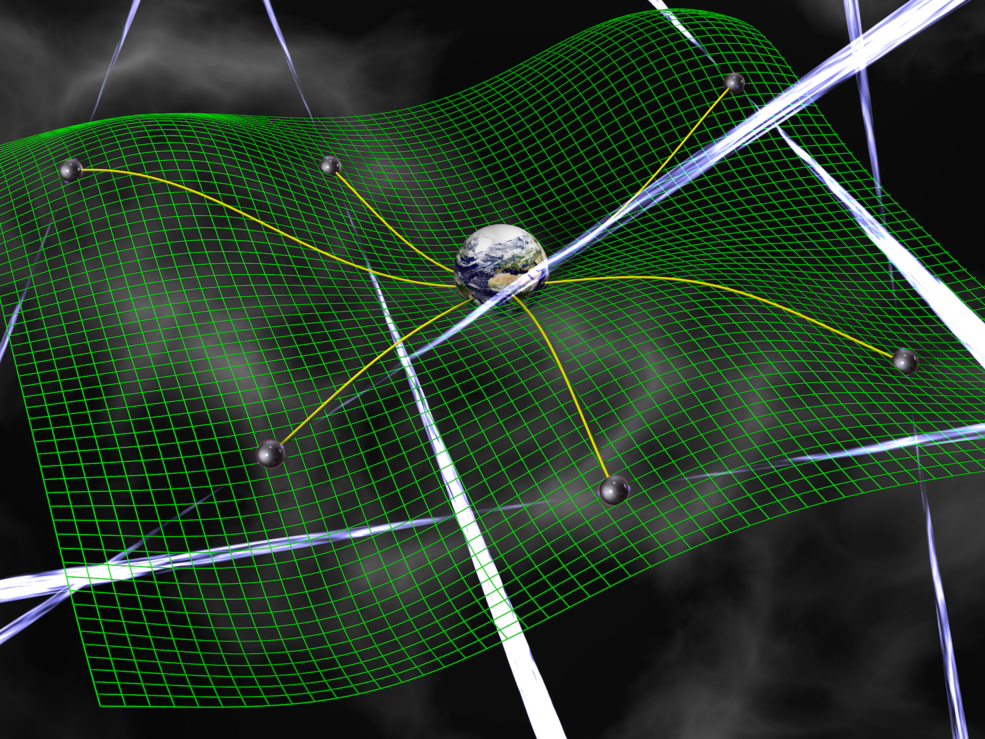
Observing the vibration of the universe
Though we are able to view wonderful colors of the nature through our eye, human eye is sensitive to only a very narrow fraction of whole electromagnetic spectrum of light. Light wave is basically a radiation emitted when matter interact electromagnetically and depending upon the nature of interaction, different kind of light will have different…
-
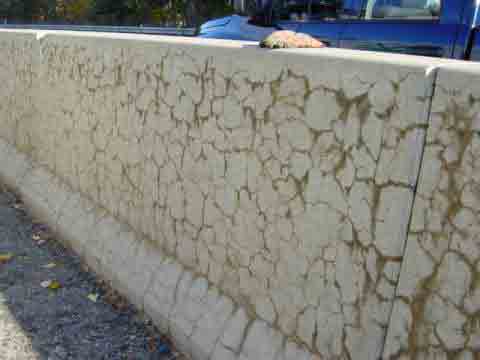
Alkali Silica Reaction in concrete
By
The phenomenon of aggregates reacting with the alkali component of cement is called alkali aggregate reaction (AAR). The predominant form of alkali aggregate reaction is alkali-silica reaction (ASR) in which the silica content of aggregate reacts with sodium and potassium hydroxide of concrete. Other forms of AAR are alkali-carbonate reaction and alkali-silicate reaction. In China…
-

Using microbes for durable concrete
By
Conventionally, organic matters in concrete were considered to be undesirable. But recent study with selected microbes has shed new light on its usefulness. Both useful and deteriorating microbes has been identified. Metabolic activity of microbes produces acid which degrade concrete. These kinds of deterioration are pronounced in location having high microbial activities such as near…